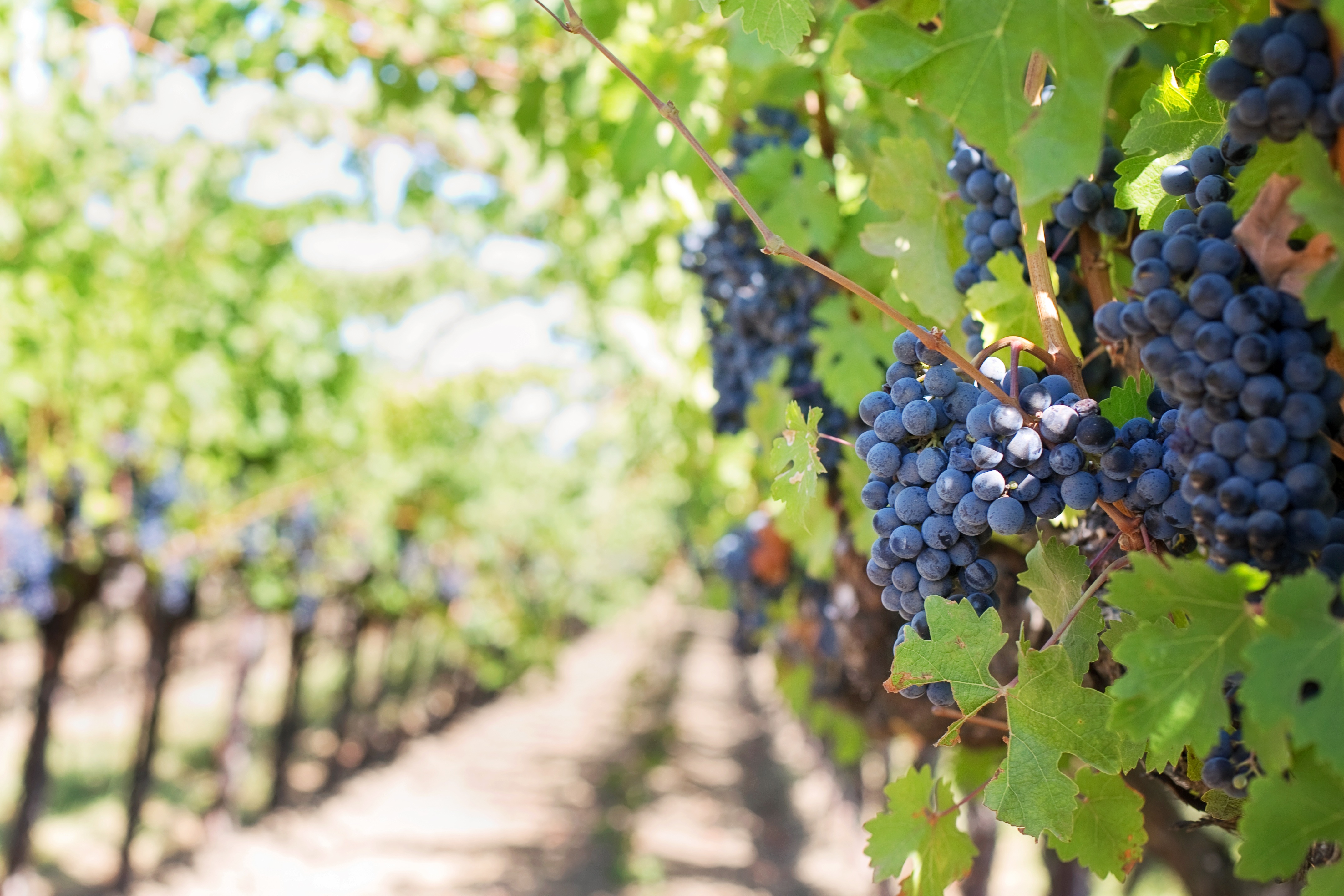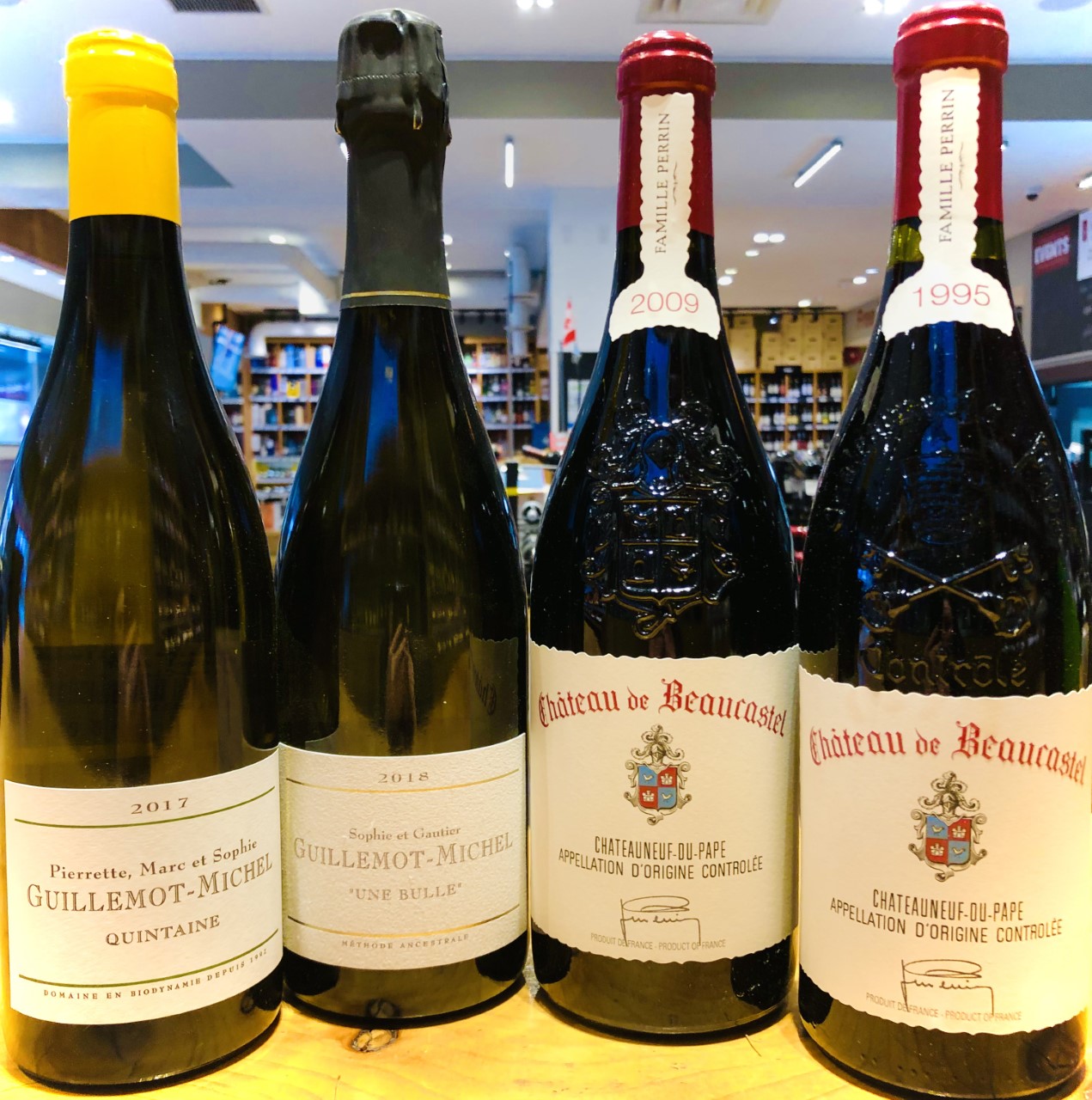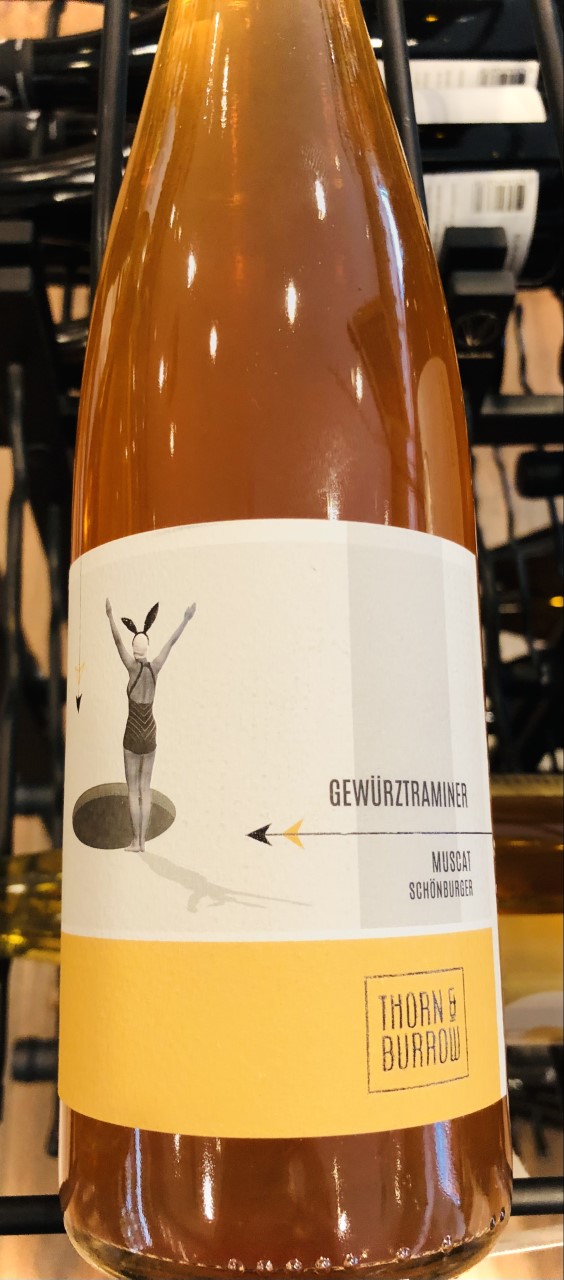Rhymes with Orange: The Buzz on Natural, Etcetera
Posted by Samantha D on Mar 29, 2022

Natural and Organic wines are being increasingly sought after. Many consumers have claimed that they feel better (health and global sustainability reasons alike) for choosing these wines over “non-organic” or “non vegan” options. However, as with many marketing buzz words, these terms get thrown around a lot and it can cause the consumer to have to maneuver through a lot of grey - well, orange - area. So, what is the difference between natural, orange, organic and biodynamic? IS there a difference? Can a wine be one without the other?
 Let’s start with “organic” and “biodynamic”. Organic wines, simply put, are made without the use of synthetic and chemical fertilizers, herbicides, or pesticides. Additionally, all of the ingredients used in the wine-making process must be certified organic as well. To promote your wine as such means that the wine has to pass several requirements made by the country’s agricultural governance. Biodynamic wine goes even further by following stricter and more complex guidelines than those required for official organic certification. This includes minimal human intervention and eco-friendly, holistic farming practices. Organizations such as Demeter International will have their seal of approval on the label of the bottle. Many producers, such as Château de Beaucastel and Domaine Guillemot Michel in France, have been making wine organically for decades.
Let’s start with “organic” and “biodynamic”. Organic wines, simply put, are made without the use of synthetic and chemical fertilizers, herbicides, or pesticides. Additionally, all of the ingredients used in the wine-making process must be certified organic as well. To promote your wine as such means that the wine has to pass several requirements made by the country’s agricultural governance. Biodynamic wine goes even further by following stricter and more complex guidelines than those required for official organic certification. This includes minimal human intervention and eco-friendly, holistic farming practices. Organizations such as Demeter International will have their seal of approval on the label of the bottle. Many producers, such as Château de Beaucastel and Domaine Guillemot Michel in France, have been making wine organically for decades.
Here’s where it gets interesting: just because the wine is organic or biodynamic does NOT necessarily mean the wine is vegan. “But Sam! Wine is made from grapes! How could it NOT be vegan?” The winemaking process of “fining” is what pulls the cloudy, gritty bits from the wine out like a sponge to clarify the juice. Agents such as albumin from eggs, casein (a milk product), gelatin and isinglass (fish bladder) are often used in this process. There are vegan alternatives such as bentonite clay, and some producers simply choose not to fine or filter their wines. Which brings us to...
“Natural” wines. These are made with as little to no human intervention as possible. From the vineyard to the winery, nothing is added and nature is pretty much in control. This is where you will hear terms such as “spontaneous” or “wild fermentation”. They can be made as red wines, whites, rosés and everything in between. Here’s the thing, though: natural wine is also volatile. Without the addition of stabilizing agents such as sulphites you are at risk of purchasing a bottle that might have already gone bad. So, approach with that risk in mind.
Now, to speak to “Orange”: Orange wine is a white wine that has been fermented with the grape skins and seeds, left in contact with the juice, the same way you would make a red wine. This creates the appearance of an orange or amber hue and also gives the wines similar characteristics such as body and tannins. You’ll see terms such as “skin contact” when referring to this style of wine. Is it natural? Is it Organic/Biodynamic? Is it vegan? Generally speaking, yes, but as mentioned above it is a choice made by the winemaker so you might have to do a little research.

If you are looking to try natural wine it’s best to go as local as possible. British Columbian winemakers have been into the natural wine scene for many years and there are increasingly more options to choose from – everything from Piquette to the nattiest reds. My favorite lately is this selection by Thorn & Burrow. This Gewürztraminer/Muscat/Schönberger is lychee, peachy, beach juice in the best possible way and I WILL be enjoying this all summer long.
I hope this cleared up (no fining pun intended!) a few things about the world of organic, natural and orange wines! Of course, there are always exceptions to the rule, so do your homework, or ask your friendly neighborhood Marquis staff member. :)
